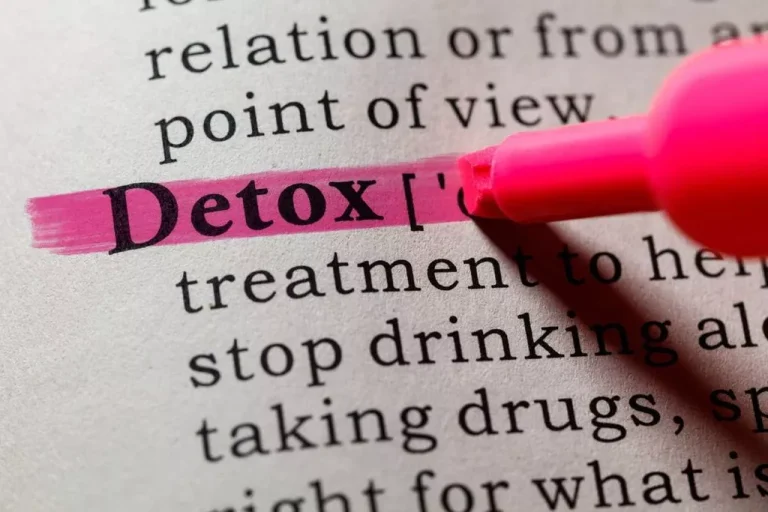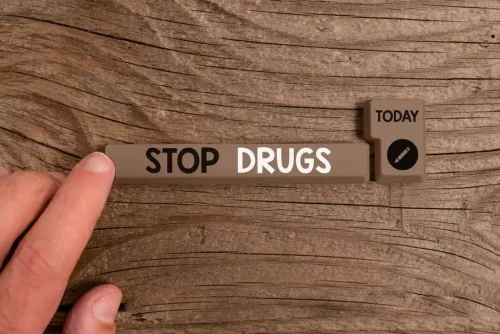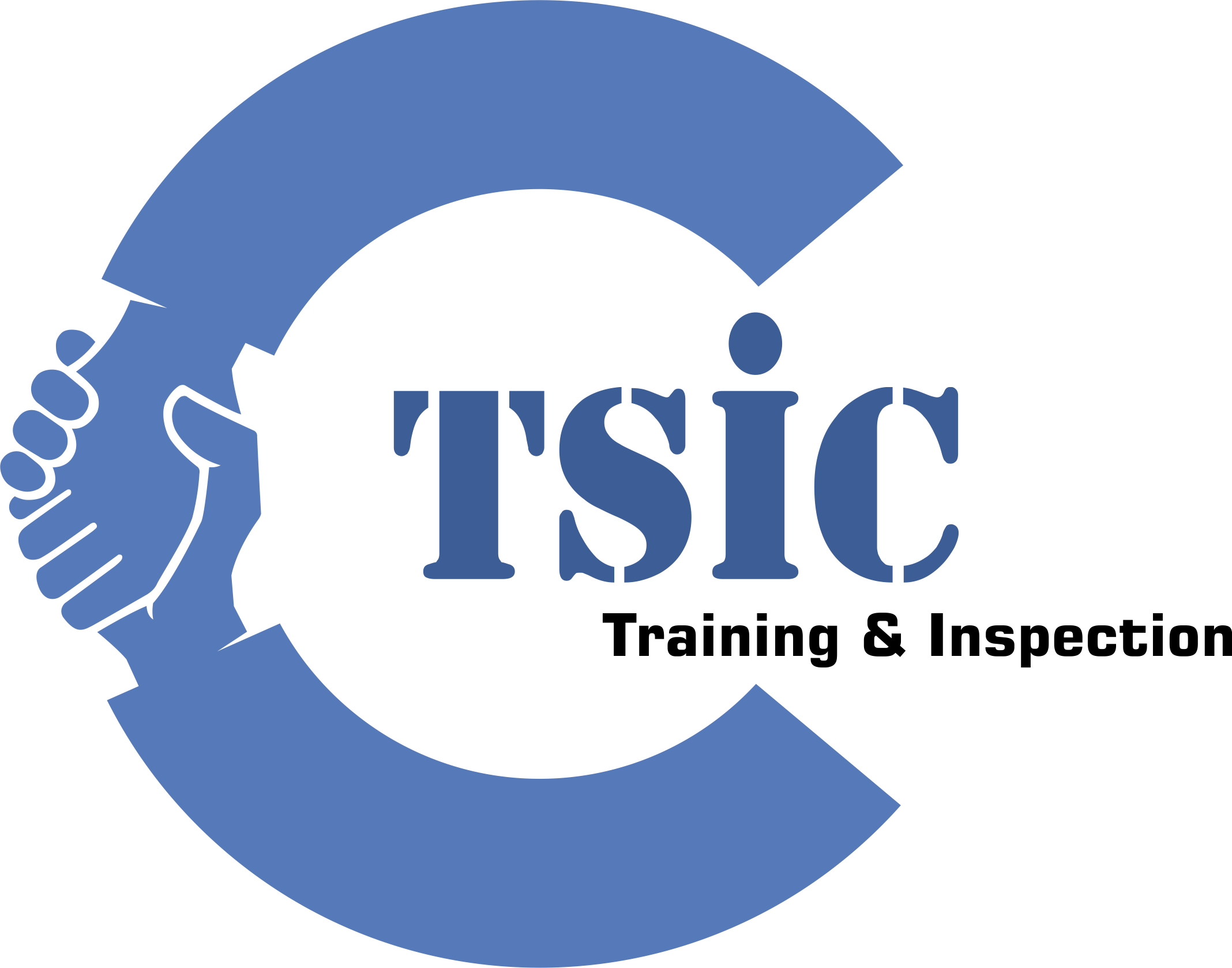
The tools that you learn to use now will help you throughout your recovery. Alcohol is an addictive substance, so no matter how often you drink alcohol, there’s always a possibility that you could start to drink more. If you want to avoid developing alcohol use disorder or are concerned that a loved one may have developed an addiction, it’s essential that you know about the stages of alcoholism and how they occur. It can be tempting to try and quit alcohol at home without professional help.
Recognizing the Need for Change
- Dr. DiClemente views motivation as a series of tasks, each integral to the process of change.
- Following detoxification, individuals should continue with comprehensive treatment and therapy to address the underlying causes of addiction and develop strategies for long-term sobriety.
- Vivitrol (naltrexone), Campral (acamprosate), and Antabuse (disulfiram) have been FDA-approved to treat alcohol use disorder.
- Implementing relapse prevention strategies, such as relapse prevention strategies, can be instrumental in maintaining long-term sobriety.
- They develop because of changes in the levels of excitatory and inhibitory neurotransmitters in the central nervous system.
- We’ll cover the stages of change that you’ll go through on your journey and highlight how you can maximize your chances of kicking substance abuse.
Therapists and counselors play a crucial role in helping individuals explore and address these underlying issues. Through individual therapy sessions, they provide a safe and supportive environment for individuals to discuss their past experiences and emotions. Therapists may utilize various therapeutic approaches, such as cognitive-behavioral therapy (CBT), dialectical behavior therapy (DBT), or motivational interviewing, tailored to the individual’s specific needs. The Diagnostic and Statistical Manual of Mental Disorders (DSM) avoids the terms addiction and recovery. Sustained remission is applied when, after 12 months or more, a substance is no longer used and no longer produces negative life consequences. There are no lab tests that define recovery and no universally agreed-on definition of recovery.

What Is Alcohol Use Disorder?

The best way to handle a relapse is to take quick action to seek help, whether it’s intensifying support from family, friends, and peers or entering a treatment program. One advantage of mutual support groups is that there is likely someone to call on in such an emergency who has experienced a relapse and knows stages of alcoholic recovery exactly how to help. In addition, immediately attending or resuming group meetings and discussing the relapse can yield much advice on how to continue recovery without succumbing to the counterproductive feeling of shame or self-pity. In addition, self-care is a vital foundation for a healthy new identity.
Stage 3: Maintaining Abstinence
- After completing detoxification, individuals can progress to the next stages of rehabilitation, where they can address underlying issues and develop strategies for long-term recovery.
- Over time, reward circuits regain sensitivity to respond to normal pleasures and to motivate pursuit of everyday activities.
- People in the throes of addiction are not capable of the best form of friendship.
- After completing the rehabilitation phase, individuals in alcohol recovery enter the crucial stage of maintenance and relapse prevention.
Many people include this stage as the final step in the path to recovery. Someone who reaches it will feel they no longer need their old habits or lifestyle. The pain of alcohol use might even feel profoundly distant from who you are now. https://ecosoberhouse.com/ How long it takes to reach this stage is different for every person, but it can only be achieved by maintaining a commitment to recovery each day. Keep moving forward, and you’ll look back one day and see just how far you’ve come.

Stages of Change in Addiction: A Comprehensive Guide to Recovery

Granite Recovery Centers offers a combination of a 12-step curriculum and evidence-based psychotherapies. The treatment available to you offers a comprehensive continuum of care, which includes residential treatment, medical detox, sober living, and intensive outpatient therapy. Patients can undergo four different types of psychotherapy, which include dialectical behavioral therapy, cognitive-behavioral therapy, trauma therapy, and grief and loss therapy. The alcohol withdrawal timeline varies, but the worst of the symptoms typically wear off after 72 hours. People who are daily or heavy drinkers may need medical support to quit. Stopping drinking abruptly can lead to seizures and can even be fatal.
Effective Methods for Alcohol Detox
Remember that recovery is a lifelong journey, and each day presents an opportunity for growth and renewed commitment to sobriety. Building a strong support system is crucial in maintaining long-term sobriety. Surrounding oneself with understanding and supportive friends, family, or support groups can provide encouragement, accountability, and a sense of belonging. Sharing experiences, challenges, and successes with others who have gone through similar journeys can be empowering and inspiring.

- It’s up to each individual to decide when to begin “working the steps,” and when to approach a sponsor.
- Alcohol withdrawal symptoms range from mild but annoying to severe and life-threatening.
- If you are worried about yourself or a loved one, Discover Recovery Treatment Center in Washington offers individualized alcohol detox programs.
- Alcoholism and alcohol abuse are both categorized as alcohol use disorders—affecting people of all ages and stages of life.
